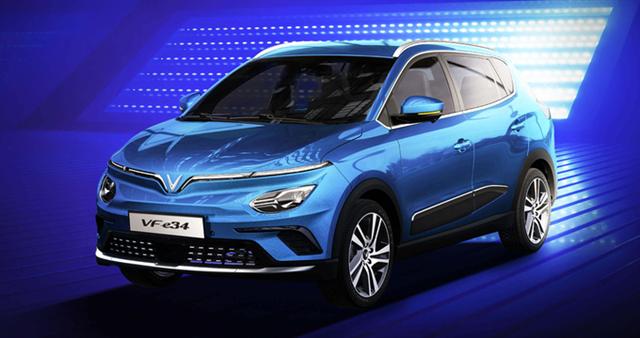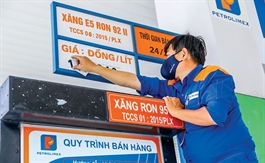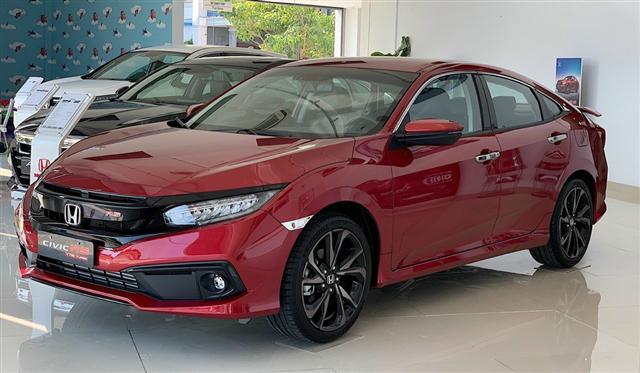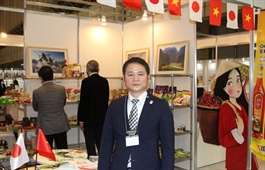Electric cars fail to get charged up without policy support
Electric cars fail to get charged up without policy support
A lack of policies promoting battery production and building a charging station network is preventing the electric car market in Vietnam from hitting the road running.
An artist's impression of a VinFast electric car. Photo courtesy of VinFast.
|
At the end of March, automaker VinFast began accepting pre-orders for its first electric cars. More than 4,000 orders were placed on the very first day.
The company has requested several incentives for electric vehicle development, including scrapping special consumption tax and registration fees on electric cars for five years.
Some brands have imported electric and hybrid vehicles into Vietnam earlier.
In August last year, Toyota started selling its first hybrid cars in Vietnam with low fuel consumption, giving 100 km for 4.6 liters of fuel.
Mitsubishi also distributed its i-MiEV cars in Vietnam in 2017 and installed charging stations in some localities. However, after 10 years of making efforts to distribute them to many different markets, the company has stopped manufacturing the vehicles now.
Last year, around 1,000 electric and hybrid vehicles were sold in Vietnam, with the latter accounting for 99 percent. The figure for gas powered vehicles was over 296,000 units.
The Ministry of Industry and Trade said in a recent report to the government that there has not been real support policy for electric cars.
Apart from VinFast which is manufacturing the vehicles, foreign brands like Honda, Toyota and Mitsubishi have mostly been importing electric vehicles without any concrete plan to make them in Vietnam.
Experts say that the lack of a systemic policy to support the industry concerning the manufacturing of battery, the development charging infrastructure, prices and emission.
"Batteries need to have high durability and have quick charge function, while the charging station network should be widespread. These factors are what missing in Vietnam’s electric car industry," said an expert in the auto industry who asked not be identified.
VinFast is set to tackle these challenges with plans to set up over 2,000 charging stations nationwide by the end of this year.
The industry ministry report said that prices for electric vehicles are not enticing enough compared to fuel vehicles.
A 15 percent special consumption tax on electric cars, compared to 30-50 percent on fuel cars, is not enough to bring electric car prices down to an attractive level to customers, it said.
Another challenge is electric vehicles will still be using coal-fired and oil-fired electricity which has high emission, as renewable energy is not stable and has high price tag, the it added.
Dau Anh Tuan, head of the Vietnam Chamber of Commerce and Industry’s legal department, proposed that cars be applied a special consumption tax based on how much carbon dioxide they release into the environment, which will help encourage people to switch to electric vehicles.
Policies should focus on supporting Vietnamese companies to make electric vehicles, not foreign ones, he added.




























